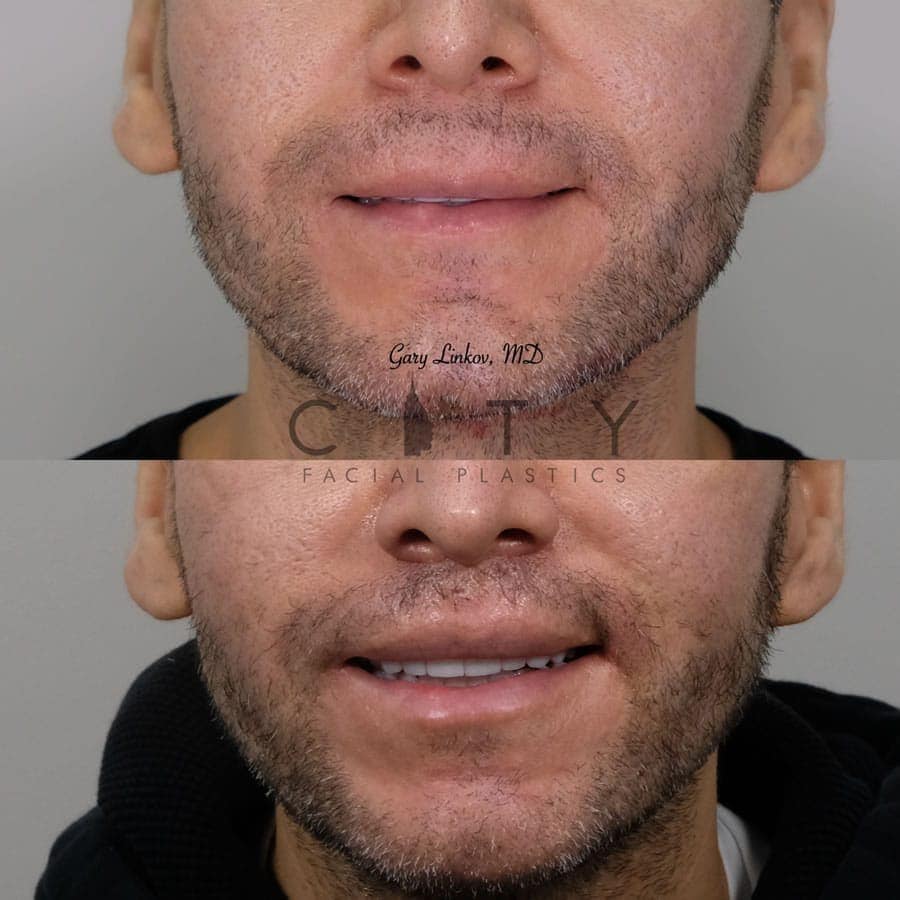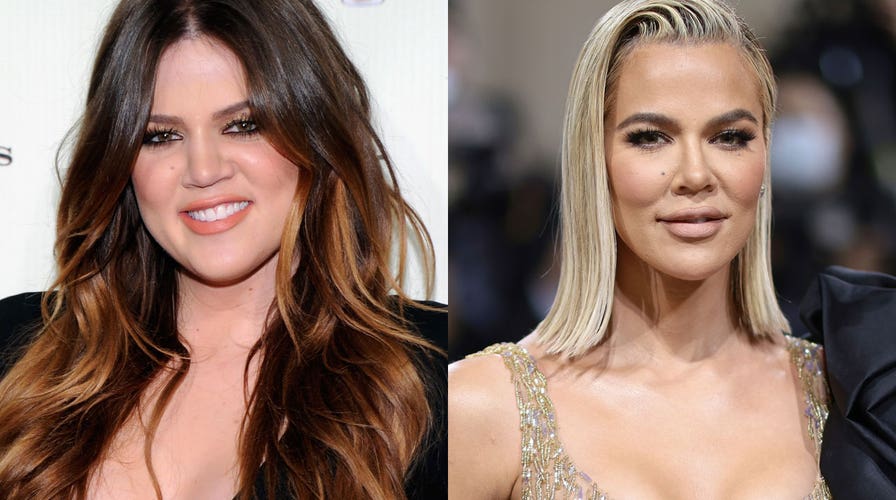Checking Out the Mental and Social Variables That Drive People to Think About Plastic Surgery as a way of Renovation
The choice to seek cosmetic surgery usually prolongs beyond mere aesthetics, intertwining with psychological and social dynamics that warrant comprehensive examination. Aspects such as self-confidence, prevalent societal charm requirements, and the prevalent impact of social media converge to shape specific motivations for surgical enhancement. As these impacts come to be increasingly popular, recognizing the underlying psychological and social contexts is crucial. What stays to be explored is the profound influence these elements have not just on individuality yet additionally on wider social standards and values surrounding charm and approval.
The Duty of Self-confidence
Self-worth dramatically affects an individual's decision to pursue cosmetic surgical treatment. Individuals with low self-worth typically perceive themselves in an unfavorable light, leading to sensations of inadequacy concerning their physical look.

Ultimately, the role of self-esteem in the decision-making procedure regarding cosmetic surgery highlights the intricate interplay between body photo, individual fulfillment, and psychological health. Recognizing this relationship is critical for medical care experts to guarantee that patients are making educated decisions rooted in realistic assumptions and emotional well-being.
Social Appeal Requirements
Influenced by prevalent media portrayals and cultural narratives, societal appeal requirements play a crucial function in shaping people' assumptions of their own bodies. These standards are frequently defined by an idyllic kind of elegance that stresses attributes such as youthfulness, balance, and slimness. As these suitables are perpetuated via different networks, including film, advertising and marketing, and tv, individuals regularly internalize these messages, leading to frustration with their natural appearance.
The implications of these social standards extend past visual choices; they can influence self-esteem, psychological health and wellness, and interpersonal relationships. Individuals who regard themselves as falling short of these standards may experience sensations of insufficiency, prompting a need for plastic surgery as a method of achieving social approval. This search is commonly sustained by the belief that complying with these ideals will certainly improve not just physical appearance yet additionally social standing and individual gratification.

Influence of Social Media Site
The impact of social appeal criteria is further intensified by the increase of social networks systems, where curated photos and idealized depictions of charm are common. Users are frequently subjected to filteringed system and edited photos, which frequently illustrate unattainable physical qualities. This direct exposure grows a culture of comparison, leading people to analyze their very own appearance against these usually impractical criteria.
Social media site influencers and stars frequently advertise cosmetic treatments, normalizing the concept that medical improvements are a practical methods for attaining social suitables (plastic surgery rancho cucamonga). The exposure of these improvements can create a perception that undertaking cosmetic surgery is a typical practice, thereby influencing individuals to consider comparable treatments as a pathway to enhanced self-confidence and social acceptance
Furthermore, the interactive nature of social media sites permits prompt feedback via sort and comments, additionally reinforcing the wish to satisfy prominent appeal criteria. Such communications can intensify sensations of inadequacy and drive people toward cosmetic surgery as a way of gaining recognition. Eventually, social media plays a crucial function fit perceptions of charm, which substantially affects the decision-making processes surrounding cosmetic surgical treatment.

Social Viewpoints on Look
Throughout various societies, assumptions of appearance are deeply rooted in historical, social, and financial contexts, forming people' sights on elegance and charm. In numerous societies, look functions as a considerable pen of identification, affecting social standing, specialist chances, and individual partnerships. For instance, in some societies, light skin is often connected with riches and advantage, while others may idealize darker skin tones as icons of strength and authenticity.
Additionally, typical appeal criteria are usually perpetuated via cultural narratives, media depictions, and family members affects, bring about differing suitables throughout different areas Discover More Here (plastic surgery rancho cucamonga). In Western i loved this societies, the emphasis on young people and physical fitness typically drives people toward cosmetic enhancement, while in particular Eastern cultures, more refined modifications lined up with standard appearances may be chosen
Globalization and the proliferation of digital media have even more complicated these characteristics, producing a hybridization of elegance ideals that transcends geographical borders. As people significantly navigate these cultural narratives, the pressure to satisfy particular look criteria can bring about the need for plastic surgery, showing a complicated interplay of social worths and individual goals. Recognizing these social perspectives is necessary in dealing with the motivations behind cosmetic surgical treatment considerations.
Emotional Influences of Plastic Surgery
Many individuals looking for cosmetic surgical treatment record experiencing profound mental influences that can considerably alter their self-perception and emotional wellness - plastic surgery rancho cucamonga. The wish for physical improvement commonly comes from underlying problems such as low self-esteem, body dysmorphic problem, or social stress pertaining to appeal criteria. For some, the immediate post-operative stage can cause a short-lived increase in positive self-image and complete satisfaction with their look, promoting a sense of empowerment
However, these favorable sensations may not be enduring. Research suggests that while some individuals experience boosted self-confidence, others may deal with intense stress and anxiety or anxiety if their assumptions are not satisfied. This discrepancy can develop from unrealistic ideals bolstered by media depiction and cultural narratives surrounding charm.
Furthermore, the emotional ramifications of cosmetic surgical procedure extend past the person. Relationships with family members and good friends might be stressed as social characteristics change, causing sensations of seclusion or alienation. Eventually, the psychological impacts of cosmetic surgical treatment are complex and complicated, needing careful consideration by both possible my blog individuals and doctor to ensure educated decision-making and practical assumptions.
Final Thought
Finally, the decision to go after cosmetic surgical procedure is significantly affected by a mix of self-esteem problems, social charm standards, and social point of views on look. The pervasive reach of social networks even more worsens these stress, advertising unrealistic perfects that people frequently make every effort to achieve. Understanding these social and emotional factors is essential for resolving the motivations behind cosmetic surgery, highlighting the requirement for a much more nuanced conversation bordering charm and self-acceptance in modern society.
The decision to go after cosmetic surgery usually prolongs beyond mere aesthetic appeals, intertwining with emotional and social dynamics that merit complete examination. Inevitably, social media plays a pivotal function in shaping perceptions of appeal, which significantly influences the decision-making procedures surrounding cosmetic surgical treatment.
As individuals progressively browse these social narratives, the stress to adjust to particular appearance standards can lead to the desire for cosmetic surgical treatment, showing an intricate interaction of social values and individual ambitions.In final thought, the decision to go after cosmetic surgical treatment is significantly affected by a mix of self-worth concerns, societal beauty standards, and cultural viewpoints on appearance. Recognizing these psychological and social variables is important for resolving the motivations behind cosmetic surgery, highlighting the demand for a much more nuanced conversation bordering beauty and self-acceptance in modern society.